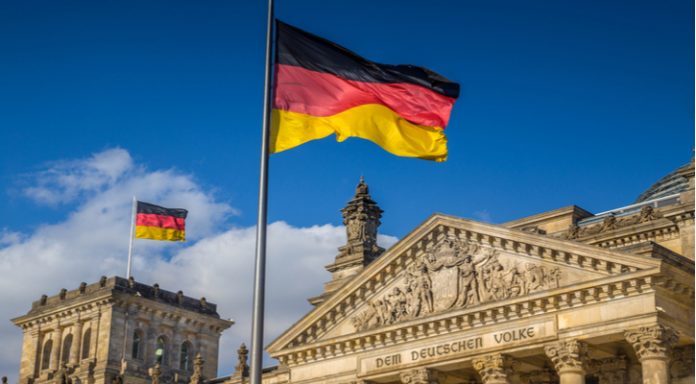The British pound is flat against the euro on Wednesday.
- Germany unemployment rise slows in May but higher than expected
- Idea of UK Brexit ‘compromise’ rebuffed as ‘wishful thinking’
- ECB interest rate decision tomorrow
- UK and Eurozone Services PMIs better than hoped
GBP/EUR was lower by 12 pips (-0.11%) to 1.1220 as of 3pm GMT.
The currency pair chopped between 1.12 and 1.125 with no clear direction of travel. Yesterday the exchange rate rose +0.13% and it is higher by 0.84% this week.
GBP: Pound holds up as Treasury yields rise
The pound-euro exchange rate has steadied above 1.12 in the past two days, well off the two month lows reached last week. The pause happened as both Sterling and the euro continued upward momentum versus the dollar with GBP/USD rising above 1.26 and EUR/USD above 1.12 to its highest since March 12.
Sterling had pulled off the lows amid reports the UK is willing to compromise on some of its ‘red lines’ earlier in the week but the Prime Minister’s official spokesman said yesterday that was “wishful thinking by the EU.”
The pound is being supported by a broader risk-on tone in markets that saw US 10-year treasury yields at the highest since April 14 and the Nasdaq Composite come within touching distance of all-time highs.
The final UK services PMI was reported at 29.0 versus the 27.8 preliminary estimate.
EUR: Euro steadies before ECB
Economic data from Europe was comparable with the final Eurozone PMI at 30.5 versus the prior 28.7 estimate.
A picture of better than expected data in Europe was spoiled somewhat by a bigger rise in German unemployment than predicted. The rate of decline slowed in May from April but was a notably bigger number in 238,000 versus the 190,000 consensus from economists and 373,000 in April.
Big gains in the euro this week are starting to stall ahead of the widely-anticipated European Central Bank meeting tomorrow. Investors are looking for the ECB to expand its PEPP asset purchase program after policymakers predicted that the more benign economic outcome from the pandemic in the region was now unlikely.





